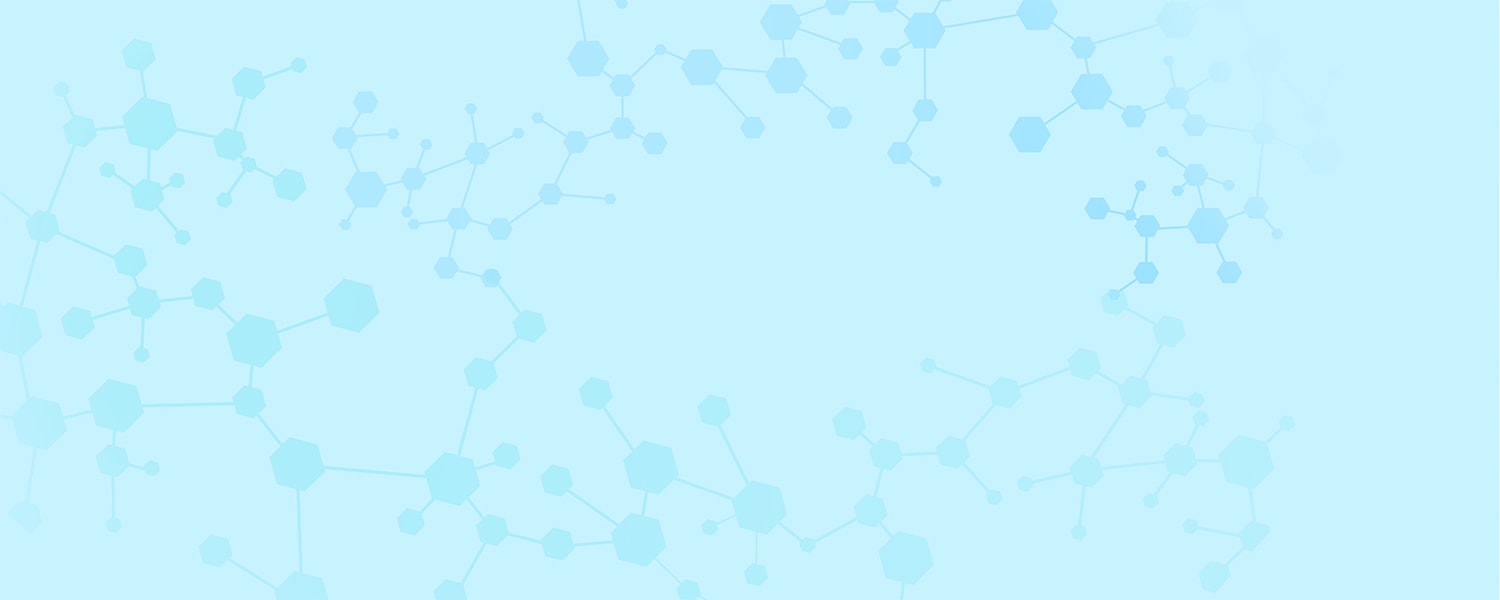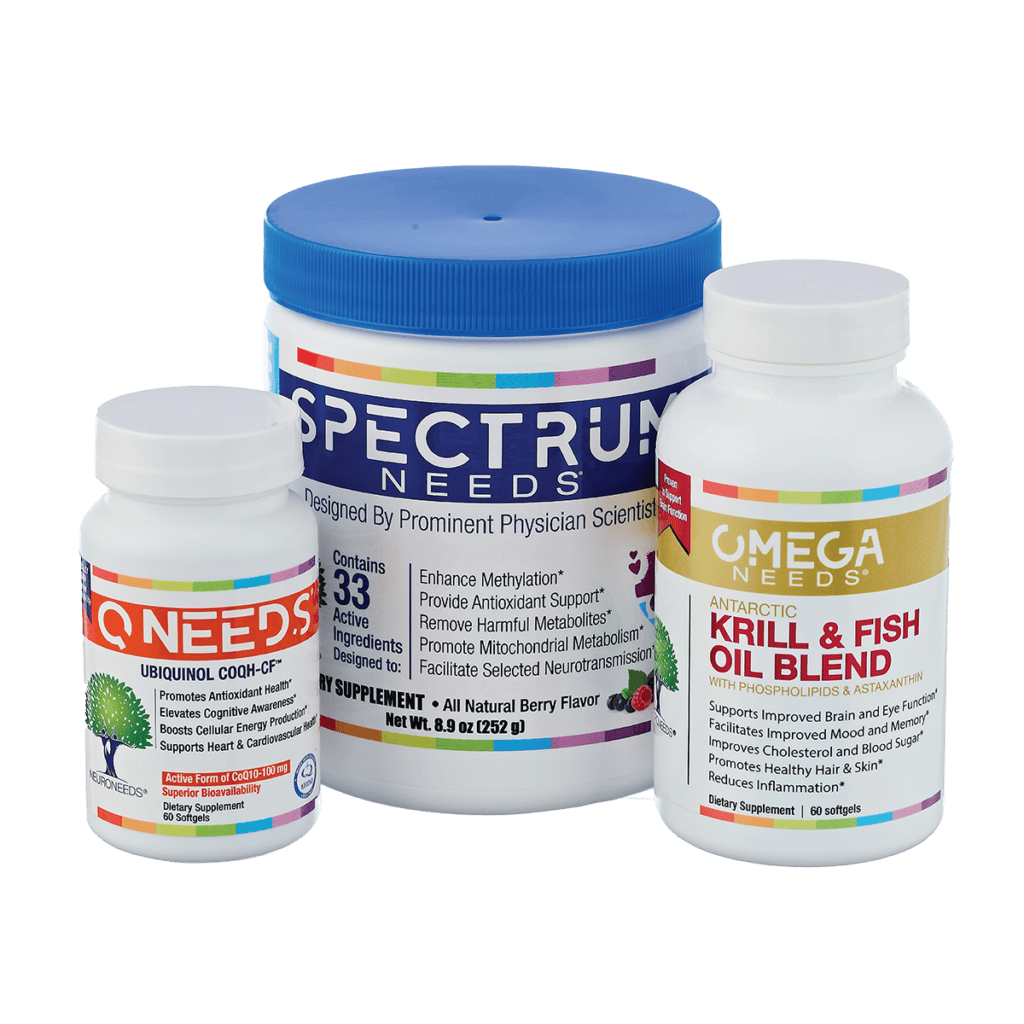$84


Like almost all disorders, autism is influenced by our genes and the environment. Cellular energy made in the mitochondria plays a critical role in these interactions. Groundbreaking research through whole genome sequencing has indicated that de novo gene mutations, which are not inherited from the parents, have been identified in about half of autism cases. Environmental factors prior to conception likely contribute to these mutations.
Genetic research has also revealed that certain key pathways are common in autism.
These key pathways include:
1. Mitochondrial Function
2. Cation Channels (Gateways for positively charged salts)
3. Neurotransmission
Managing Autism Through Pathway Interventions
An Interview With Dr. Richard G. Boles


Imbalances in these key pathways may be brought back to homeostasis by dietary supplementation.
NeuroNeeds® products address energy metabolism, cation transport, neurotransmission, and several other pathways that can lead to autism.
SpectrumNeeds – (powdered form) containing 33 active ingredients includes a robust mitochondrial cocktail, ingredients to address the other pathways, and additional nutrients to constitute a high-powered multi-vitamin and multi-mineral supplement. Children are the primary consumers.
EnergyNeeds – (capsule form) containing 40 active ingredients includes all of the above as well as additional active ingredients aimed at adolescents and adults.

Whichever of the above that you choose, clinical effects are better if coupled with the following fat-soluble products that do not mix well with the above:
- QNeeds® – an extremely bio-available form of coenzyme Q10 (ubiquinol COQH-CF in limonene oil), which is a critical component of energy metabolism.
- OmegaNeeds® – a source of important omega-3 fatty acids from fish oil and krill oil, as well as PS extracted from sunflower seed.
While fish oil does not easily cross into brain, krill oil is PC-conjugated and easily enters the brain
*Disclaimer: These statements have not been evaluated by the U.S. Food and Drug Administration. This product is not intended to diagnose, treat, cure, or prevent any disease.












